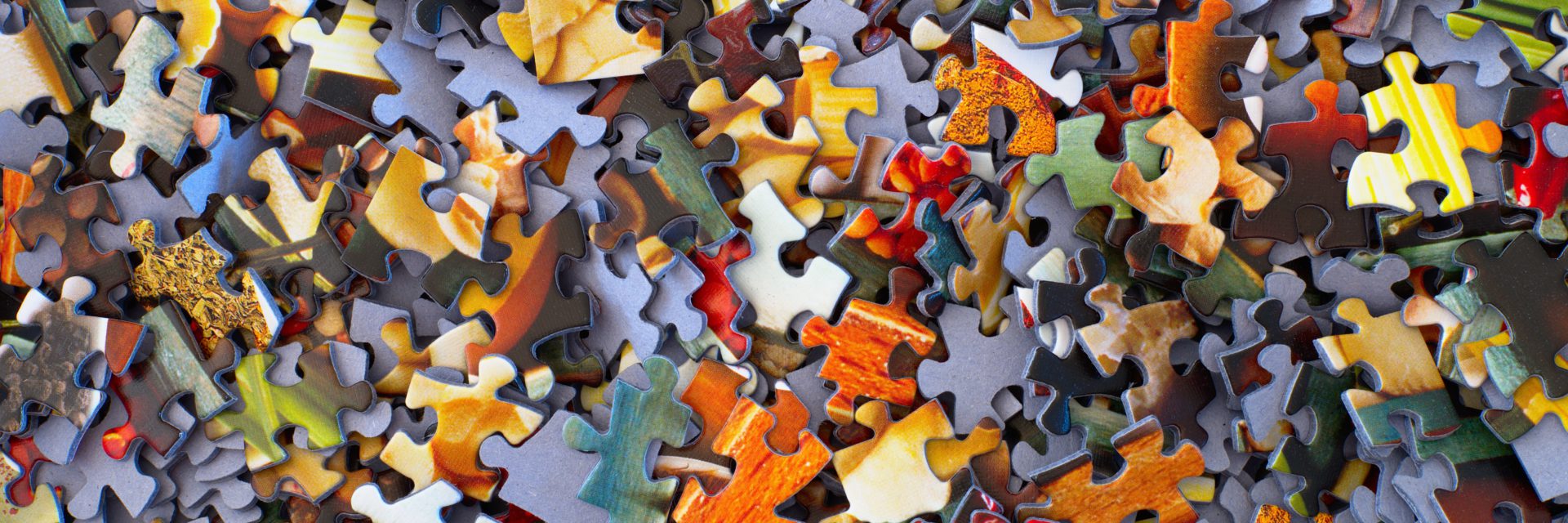The number of national governments and intergovernmental organisations using digital technologies to identify and verify the identities of people and citizens is growing exponentially. As we begin to understand the benefits of digitising identification, we are also seeing a number of concerning trends in the use of these systems, including surveillance and selling information to foreign governments.
To mitigate these issues, we believe it’s crucial to proactively increase the diversity of voices involved in the digital ID discourse – so we’ll be working on this over the coming year, thanks to support from Open Society Foundations, Omidyar Network, and Yoti Foundation.
The diverse risks and challenges of digital identification
There’s a heavily gendered element to how identity systems affect populations, as well as many cautionary tales about how data on people’s identities can create serious risks. For example, ID cards have been used to persecute the Rohingya in Myanmar and Bangladesh by refusing to acknowledge their citizenship rights, and in the Dominican Republic, unofficial discrimination in providing birth certificates was the first step in ethnic cleansing. Our research with Oxfam, conducted earlier this year, highlighted the many challenges that arise from collecting, storing and using biometric data as a form of identification in the humanitarian sector.
In some cases, identity systems have happened almost accidentally. In the US, the Social Security Number was never designed to be a national identification number. Yet today, it forms a crucial part of an individual’s place in the country’s bureaucracy.
But controlling your identity, and using it in a way that protects, rather than violates, your rights, can be an incredibly powerful act. In Bangladesh, being identified as a freedom fighter – as someone who fought in the Liberation War in 1971 – is a valuable identity to hold. In Ireland, the Gender Recognition Act allows those over the age of 18 to legally change their gender identity through self-determination, thus empowering transgender people to be legally recognised by the state.
In Senegal, women sex workers are given identification cards that entitle them to some free health care, condoms and education initiatives. From 2002 to 2016, the rate of HIV fell from 28% to just 7%. Even so, this system, though better than many countries, is far from perfect. It only recognises women sex workers, and not everyone wants to sign up to it, saying they face discrimination and marginalisation.
What would a digital identification system look like that makes life easier for everyone, including the most marginalised groups in our society? And who needs to be meaningfully involved at every step in the conversation for those changes to happen?
Various groups are working on developing answers to this question themselves. Our goal is to broaden participation in these conversations to make sure it’s as diverse and representative as possible. Digital identity is more than a digital rights issue – it’s fundamental to the way in which each of us interacts with states, with basic services, with companies and in some cases, with each other. The way in which identity is recognised (or not recognised) can decide how we participate in civic life, or it can even determine your access to food. In short, these systems hold the power to fundamentally change the way in which we are ‘counted’ or ‘seen’ by states – and the level of surveillance we are subject to. Or, if done well, it can increase the level of agency we have in deciding how we represent ourselves in different situations
Broadening the debate: Our approach
Our initiative will launch with a rapid scoping phase, led by researchers from contexts affected by these issues, to better understand the true effect these systems have on local populations required to operate within them. We’re looking to understand the lived effects of digital identification, and for these conversations to be led by people who experience and deeply understand those contexts, and we’ll be working with the Global Voices Advox network to identify these people.
Our activities will include making connections between advocacy groups who otherwise might see their strategies as vastly different, and ensuring that groups have the research to inform their work and the capacity and space to decide whether digital identity matters for their mission.
Ultimately, we will broaden the debate around digital identity to include more civil society groups for whom digital identity – if done right – could be empowering and support them in their advocacy goals, including anything from financial inclusion, legal empowerment, trans rights, or migrant rights, and likely many more.
As Access Now write in their paper, National Digital Identity Programmes: What’s next, “For digital identity to be empowering in certain contexts, the technological, legal and policy framework must be built on a foundation of user agency and choice, informed consent, recognition of multiple forms of identity, the space for anonymity, and respect for privacy.”
For this to happen, a plurality of voices need to be present, pushing for a better approach to identity.
As we begin the project, we’re very aware that a lot of important work has already been done in this area – and are keen to connect with others with expertise on these topics. We’ll be learning from existing research, such as Privacy International’s work, as well as that of their partners; the Identities Project; Access Now’s ongoing policy work; the work of the Internet Identity community; and the Internet Democracy Project, to name just a few. We’re also looking forward to learning from and connecting, so do get in touch if you’d like to collaborate on hello@theengineroom.org.

